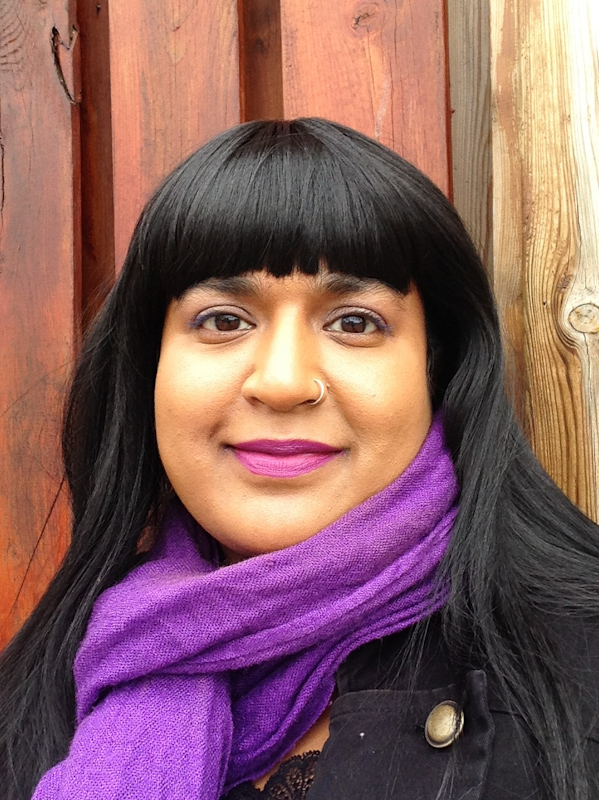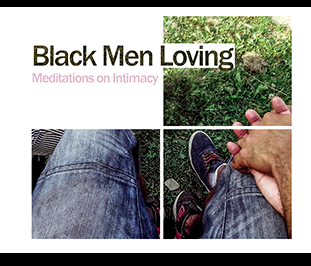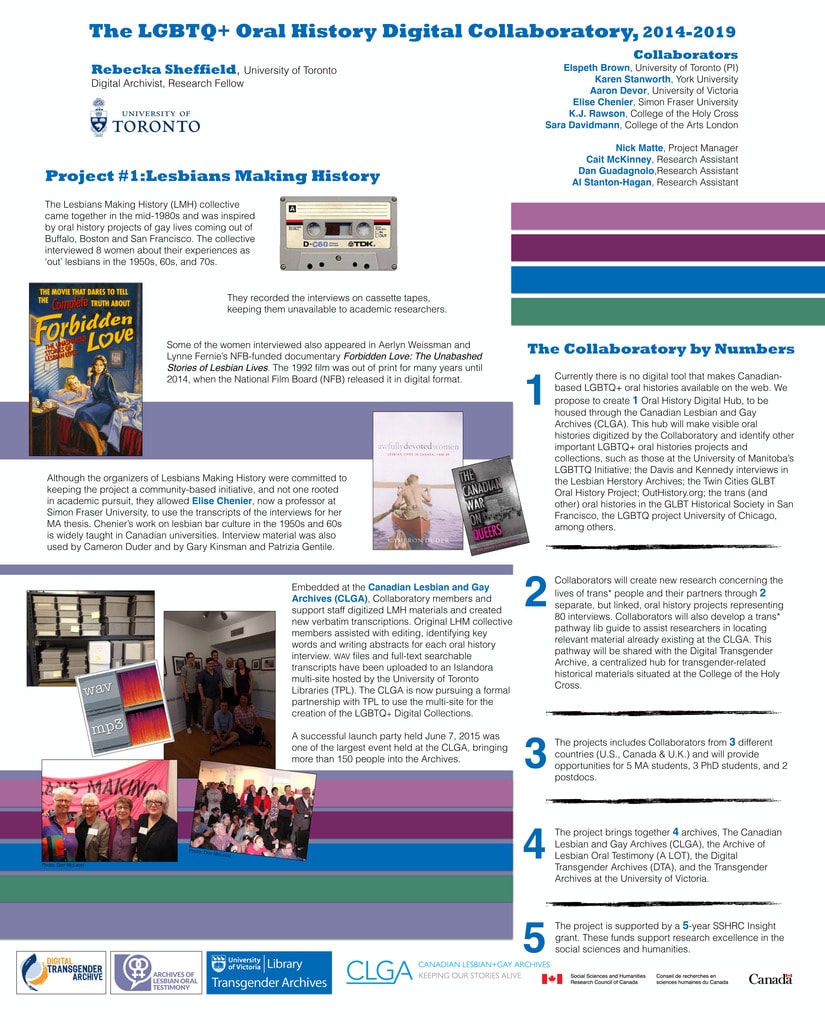Recently, The ArQuives welcomed Jennifer Aja Fernandes as its new Community Outreach Coordinator. Despite only having been at the Archives for a short three months, Jennifer is already busy making partnerships and talking to the community. We got to ask her about what she’s been working on, her extensive background in working with youth in transition, and the exciting, important vision she’s bringing to The ArQuives.

Head shot of Jennifer Aja Fernandes
As part of her outreach work, Jennifer has been organizing events on multiple fronts. On September 22, the Archives will be hosting a screening of Black Men Loving: Meditations on Intimacy, a film by the art-making collective We Other Sons. The film first screened at Nuit Rose. The Archives will also be inducting three new portraits to its National Portrait Collection. In bridging new paths as well as maintaining old ones, Jennifer is putting an emphasis on connecting with traditionally marginalized communities in her outreach. “I believe we have a right to be here,” she said of the BIPOC community in particular. “I don’t believe the experience is binary. It’s very complex, including migration and language and mixed race identities, and also including gender fluidity…We don’t just exist as queer or trans people, we’re also racialized.”

Black Men Loving: Meditations on Intimacy Postcard
Jennifer feels inspired by the materials available at the Archives, and noted that she is “amazed by some of the things I find,” including a collection of old matchboxes that double as subtle calling cards. However, she wants to make sure that a breadth of stories are being preserved. “There’s a lot of these histories that have never been documented,” she said, explaining that outreach also means reaching out to those people and communities who may not have donated their materials in the past. “It’s time to move forward. It’s time to catch up with the past.” Moving forward and making progress with intention can be challenging, but Jennifer is up to it. Before coming to the Archives, she worked at Supporting Our Youth, or SOY, working with those in child welfare transitioning into adulthood. While there, she made changes to the Writing Our Futures program to render it more inclusive. She is proud of the work she was able to do with SOY. “I considered that a great gift and honour, to be able to advocate for young people,” she said. “I’ve met some amazing young people.” SOY recently donated its materials to the Archives, though it may be fair to say that one of its most valuable donations has been Jennifer herself. Creating new partnerships in and maintaining ties to the community is essential work for the Archives. Though there is much work to be done, Jennifer is optimistic that the Archives’ holdings can grow as we become much more thoughtful about being inclusive.



